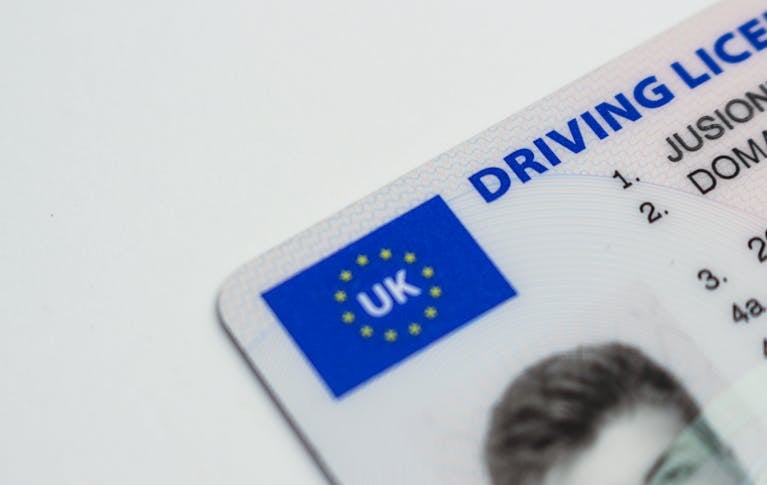5 of 5: Article 23 — Restrictions on Data Subject Rights and What They Mean for Your Business
Article 23 of the UK GDPR allows certain restrictions on data subject rights — but only in defined cases. Learn when this applies and how your company must respond. Most GDPR rights — including the right to access, object, and erase — are strong and enforceable. However, Article 23 of the UK GDPR gives the…









